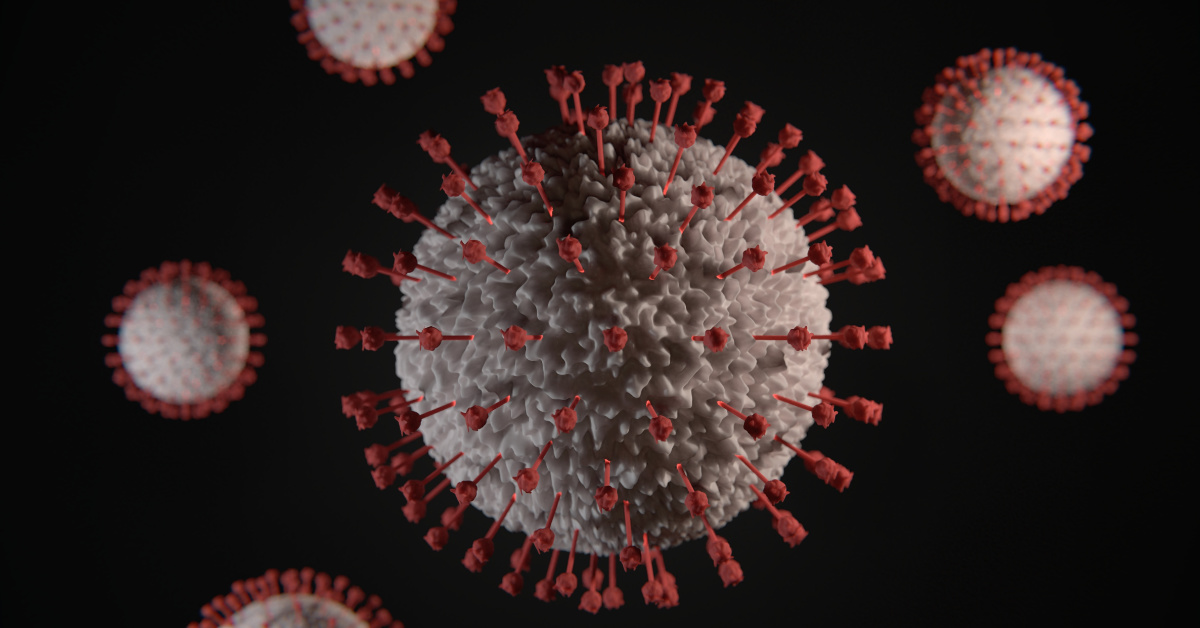COVID Fatigue Positive- Are you a victim of the Hidden Pandemic?- Part 2

Part 2. The Everyday Lockdown Survivors- You and Me
Before March 2020, we didn’t have to have a bath every time we got back home, quarantine our post, use the hand sanitiser all the time, sanitise anything we took out or brought back, be concerned every time someone moved a little close or every time someone cleared their throat, wear a mask every time we stepped out or someone stepped into our house.
We could meet people, go out, hang out, travel as we pleased, hug, kiss, share a meal, go to a movie, have our social appointments, celebrate festivals and weddings our way, go out for work and send kids to school. We did not have the uncertainty about the future and never had the constant question in our head, “When will all this end?”.
It was okay for the first few days and a couple of weeks but now it seems like we are required to make a sustained behaviour change as the pandemic’s end does not seem to be anywhere close. Many people have had to move cities or homes and even change their living situations. Some people have had to make the shift to live as joint families. It has become mandatory for parents to give up on the time they had for themselves when children were at school or other classes. Now they have had to take on the additional task of keeping the learning going though educators have risen well to the challenge. A lot of businesses are innovating and that gives us hope but for how long can we go on like this?
We call this “Coronavirus Burn out”, “Pandemic Fatigue” or “Safety Fatigue”.
What are some things we can do to make it easier on us?
- Family members need to support each other. Have an open communication within the family.
- Set boundaries, set ground rules, decide on everyday routines. Make sure each member, including children, contributes by having a specific job that they do.
- Try not to interfere and nose around.
- Try not to criticise.
- Do not compare.
- Be flexible and open-minded. Be ready to accept change.
- Refrain from making hurtful statements.
- Try not to have high expectations from yourself and your family members. Accept that when the world around us is changing, we and something that were the norm at home must change too.
None of us wanted to be in this situation but we are in it and we might as well try to make it easier on each other while we are all staying indoors together through our days.
- Allot a time of the day as “ME” time. This might sound selfish, but this is important. Make sure you are not required during this time. It can be early morning or in the afternoon or after dinner. Remove yourself from others during this situation and just do what you want to do, even if it is just relaxing with nothing else bothering you. Some people might use their “ME” time to catch up on social media, but I would recommend keeping this a gadget free time and just focus on yourself.
- Keep physically active. Do at least 20 to 40 minutes of brisk exercise a day. Your housework or anything else you do as part of your everyday routine does not count as exercise.
- Sometimes following the news too much can be taxing your mind. If you feel you are getting worked up about the news and it makes you worried, try to keep a fixed minimum time each morning and/or night when you check the news. Do not read forwarded messages too much. Stick to reliable, trustworthy sources for information.
- Be open to asking and getting help from friends and family members and talking about it to them if you feel you are pandemic fatigued.
If you experience such symptoms like feeling sad or worried all the time, feeling helpless and not in control of your life, being more irritable and easy to be upset, feeling numb, feeling like you are overthinking and you don’t seem to be able to shake these thoughts off, your sleep and/or appetite are disturbed for more than a month or if they are severely distressing and if you feel you are having trouble getting your life under control, get professional help.
Some other symptoms we have noticed are:
- Forgetfulness
- Chest Tightness
- Feeling of instability or floating
- Brain fog- lacking clarity of thought
- Sleeplessness
- Indecisiveness
- Feelings of insecurity and dip in self-confidence
- Frequent worrying, crying
Getting treatment as soon as possible can help prevent these symptoms from getting worse.
Contact Us if you are concerned about yourself or a loved one. Book an Appointment today.
Read More about the Emotional consequences of COVID-19:
Part 1: COVID-19 survivors:
https://www.ubhcare.com/post/covid-fatigue-positive-are-you-a-victim-of-the-hidden-pandemic-part-1
Part 2: The Everyday Lockdown Survivors- You and Me:
https://www.ubhcare.com/post/covid-fatigue-positive-are-you-a-victim-of-the-hidden-pandemic-part-2
Part 3: Working Professionals, Businesses and Organisations:
https://www.ubhcare.com/post/covid-fatigue-positive-are-you-a-victim-of-the-hidden-pandemic-part-3
Part 4: Children and Teens:
https://www.ubhcare.com/post/covid-fatigue-positive-are-you-a-victim-of-the-hidden-pandemic-part-4
Part 5: Healthcare Workers:
https://www.ubhcare.com/post/covid-fatigue-positive-are-you-a-victim-of-the-hidden-pandemic-final-part
Unified Brain Health Care is one of a kind Neuro Rehabilitation Centre in Chennai for adults and children offering in person and online therapy in Cognitive Rehabilitation, Clinical Psychology, Speech Therapy, Physiotherapy, Occupational Therapy, Clinical Nutrition, Career Counselling, Fitness Coaching and Educational Intervention. We also offer support for PCOS management, Pregnancy Care, Post-Pregnancy care for New Moms, Infant and Early Childhood Stimulation, Caregivers and promoting Holistic Brain Health.
